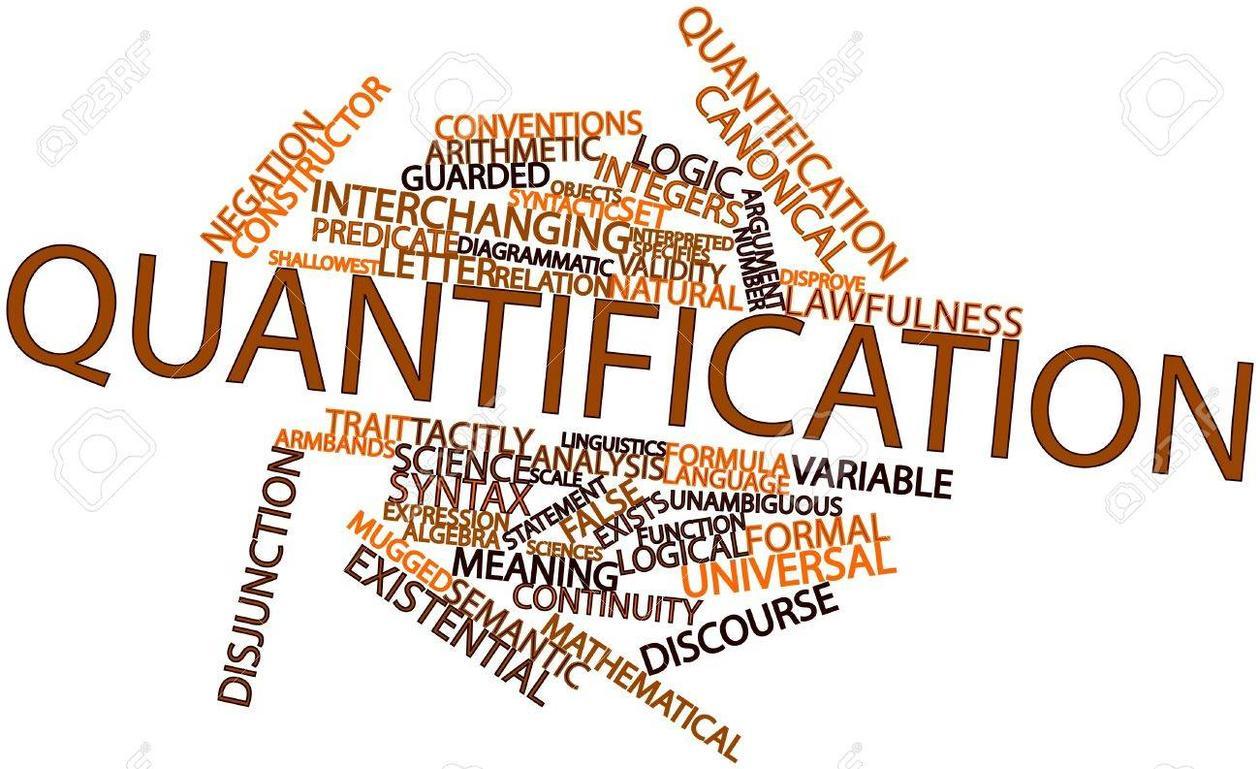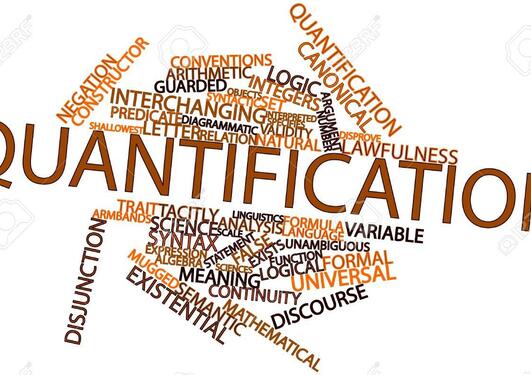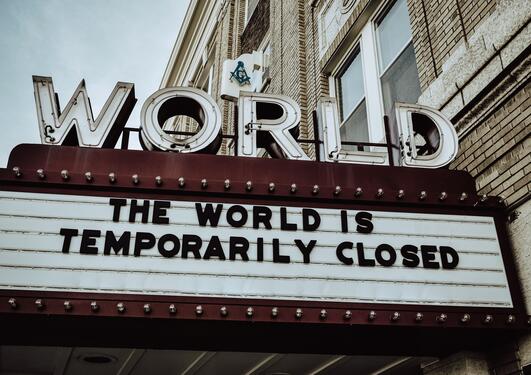Can we ensure that mathematical models serve society?
Inspired by the Covid-19 pandemic, UiB researchers present five principles for model quality.

Main content
Mathematical models can serve society well, but they must be used appropriately. During the Covid-19 pandemic, computer modelling has been in the limelight in an effort to predict and control the spread of the virus, but this use of models has sparked criticism.
In a comment in the world-leading interdisciplinary science journal Nature, UiB researchers Andrea Saltelli, Arnald Puy, Erik Reinert, Jeroen Van der Sluijs and eighteen other authors present a manifesto inspired by the Covid-19 pandemic which focuses on best practices for responsible mathematical modelling.
"The Covid-19 pandemic illustrates perfectly how the operation of science changes when questions of urgency, stakes, values and uncertainty collide," the researchers claim.
"There is no substantial aspect of this pandemic for which any researcher can currently provide precise, reliable numbers."
The authors emphasize the highly uncertain nature of the numbers produced by models, and how these results can be exploited by politicians who are more interested in supporting their own agendas than expanding their knowledge. In order to prevent such a potentially dangerous misuse of models, the researchers offer up a manifesto consisting of five principles for responsible modelling.
An immature relationship between models and society
Andrea Saltelli, first author and guest researcher at the Centre for the Study of the Sciences and Humanities (SVT), says that the manifesto ultimately came to fruition as a result of SVT’s annual symposium, which in 2019 focused on the ethics of quantification. One of the claims discussed at this symposium was that numbers without context and purpose can obfuscate more than they illuminate. A workshop during this symposium also resulted in the publication of papers on the ethics of quantification in the journal Humanities & Social Sciences Communications.
Theodore Porter, Professor of History at UCLA, was one of the keynote speakers at the symposium, and he is also among the authors of the manifesto. Porter is behind Trust in Numbers: The Pursuit of Objectivity in Science and Public Life, a foundational work on historical and social studies of quantification.
"For a long time, I've thought that something should have been written about models," says Saltelli.
"My impression was that not all was well in the way models were produced and used at face value; especially to inform policies. I thought that models and society were having an immature relationship with one another."
High expectations for the manifesto
So far, the comment has been picked up very widely, among others by the most important newspaper in Spain, El Pais, and Canberra Times in Australia. Saltelli believes that the manifesto also has a good chance of being widely utilized in mathematical modelling.
"The expectations are high, because many authors have made similar points in less widely distributed disciplinary journals. With [the publication of the comment in] Nature, the cat is out of the bag, so to speak."
A seminal moment for the post-normal approach?
Saltelli is also optimistic that the Covid-19 pandemic could prove to be a seminal moment for the post-normal approach to models, whereby ‘models to predict and control the future’ are replaced by 'models to map our ignorance about the future’.
"Now, even die-hard neo-positivists have slowed down in their critique of what they call ‘post-modern relativism.’"



